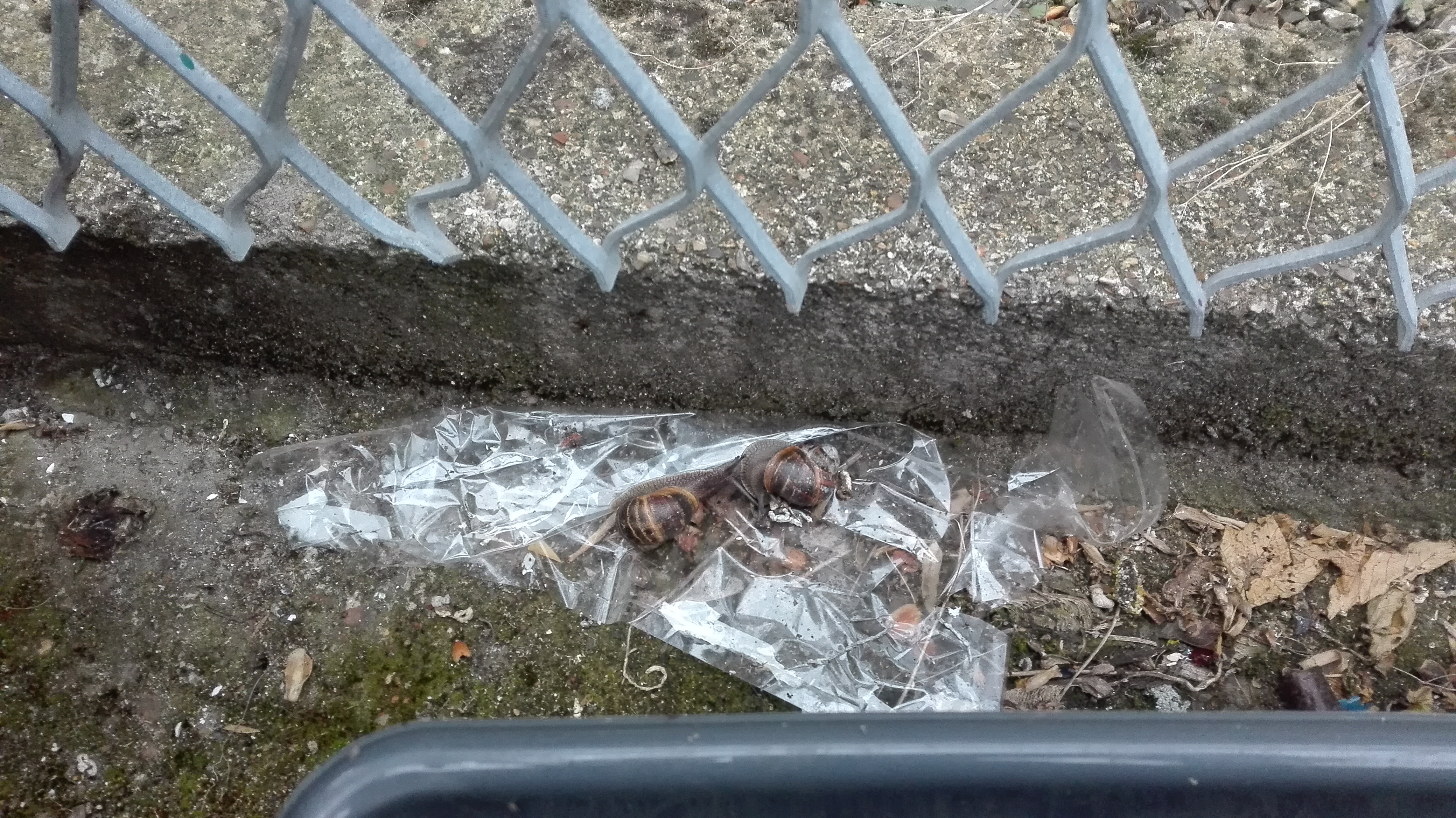Beyond Nature Poetry: Ecopoetics (Creative Writing/Artistic Research)
Enrolment options

Critically examining anthropocentric and sentimentalist traditions of "nature poetry", this class offers an immersive, practical, and theoretical engagement with ecopoetics: an array of creative and critical interdisciplinary practices concerned with human/more-than-human entanglements, ecopolitical challenges, and environmental destruction in the contemporary present. As persisting romanticised and commercialised ideas of Nature as an idyllic realm detached from the human are in need of critique, so are writing and thinking modes that build on and thus risk reproducing these ideas. Exploring the intersection of poetry and ecology, we will investigate how experimental, non-traditional poetic approaches can productively challenge narratives of human mastery over nature and respond to ongoing alterations of our surroundings from a point of interconnectedness. Linked to this is an ongoing critical-creative inquiry into language and how it is used to make connections to “the fragile and infinite territory our species named, claimed, exploited, sentimentalized, and aggrandized as ‘our world.’” (J. Retallack, 2007)
The creative writing we will engage with and develop in this class will thus be guided by questions concerning innovative ecopoetical form, interactions between language and the physical-material world, disruptive lyric, human/more-than-human encounters, environmental destruction, and socio-ecological/economic relations. Discussing (eco)critical theory, poets such as Joan Retallack, Gary Snyder, Rita Wong, Elizabeth-Jane Burnett, and our own creative/artistic practice, we will explore the capacity of ecopoetics to reflect on, reinvent, and reimagine the power dynamics between humans and what we refer to as "nature", curated by language.
- Teacher: Katharina Maria Kalinowski